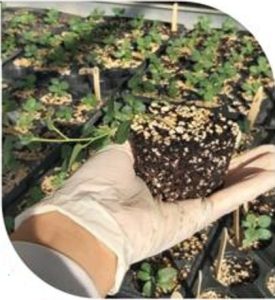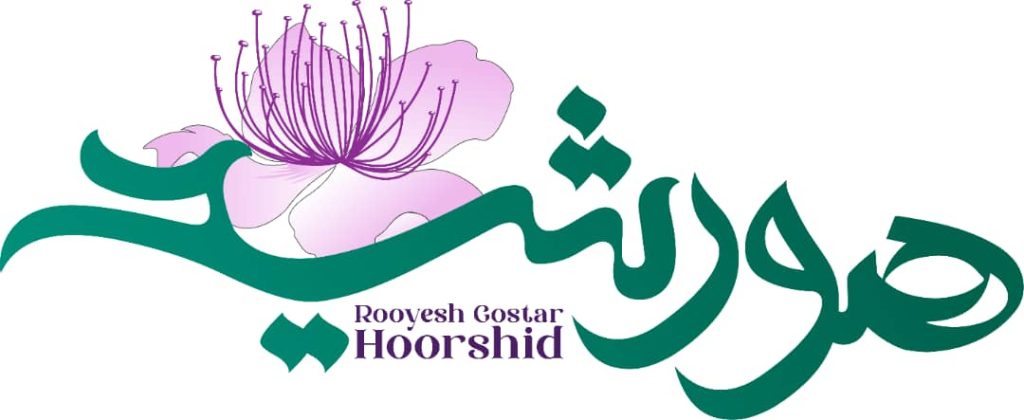Discovering the Hidden Potential of Capparis
In today’s agriculture, farmers face numerous challenges, including climate change, water scarcity, and soil erosion. Selecting plants that can thrive under challenging conditions and offer high economic yields has become increasingly important. Capparis is one such plant that can help farmers tackle these challenges through its unique characteristics. Below, we discuss the reasons why Capparis is an excellent choice for farmers, with a special focus on areas struggling with limited water resources.
Ability to Thrive in Harsh and Water-Scarce Conditions:
One of the standout features of Capparis is its resilience to drought and water-scarce environments. In many dry and semi-dry regions, farmers face the challenge of providing sufficient water for irrigation. In such areas, cultivating plants that require minimal water is essential. Thanks to its deep and strong roots, Capparis can grow in soils with low water content and yield crops successfully. Even in conditions where water resources are limited, this plant can survive and produce.
Furthermore, Capparis seldom requires frequent irrigation. This advantage helps farmers reduce water consumption, making it a significant asset in water-scarce and resource-stressed areas. Capparis can yield crops during dry seasons with minimal water requirements, making it an attractive option for farmers in dry or semi-arid regions.
High Economic Value:
Apart from environmental benefits, cultivating Capparis is also a smart economic choice. Capparis produces buds and fruits that have strong markets, particularly in the food and pharmaceutical industries. Many countries seek unique products with distinctive features, giving farmers the opportunity to generate higher incomes with lower costs.
Farmers can benefit from global markets even in water-scarce regions by growing Capparis and potentially increasing export opportunities. The high economic value of this plant motivates farmers to cultivate it across various regions, especially in areas with limited water resources.
Environmental Benefits:
In addition to economic advantages, cultivating Capparis has environmental benefits. For areas facing soil erosion issues, Capparis acts as a soil stabilizer. Its roots help stabilize the soil and prevent erosion, which is particularly valuable in regions suffering from water scarcity and soil degradation.
Moreover, Capparis requires minimal use of chemical fertilizers and pesticides, reducing environmental pollution. As a plant native to arid regions, it doesn’t require excessive chemical inputs, making it an environmentally friendly choice for farmers in water-scarce areas.
Managing Water Scarcity in Agriculture with Capparis:
One of the greatest challenges in agriculture is water scarcity. Many regions experience reduced rainfall and limited water supplies due to climate change and rising temperatures. In these situations, farmers struggle to provide adequate irrigation for their crops. Water scarcity not only affects the quality and quantity of crops but also increases irrigation costs.
Capparis offers farmers a solution to manage these challenges. Thanks to its high resistance to drought, Capparis requires minimal water usage and thrives in water-scarce conditions. This feature allows farmers to cultivate this plant in arid regions, achieving maximum yields with minimal water consumption.
Cultivation Strategies and Benefits:
Growing Capparis in water-scarce regions requires precise strategies and careful water management. Choosing suitable soil, planting distances, and irrigation methods are among the factors influencing successful cultivation. In many cases, farmers can enhance their yield by using drip irrigation systems and optimizing water usage. Such strategies enable farmers to achieve maximum profits from Capparis cultivation while minimizing water consumption.


Final Words:
Ultimately, Capparis, as a drought-resistant and water-scarce tolerant plant, is an excellent choice for farmers, especially in regions with limited water resources. With its unique features, this plant can not only reduce water consumption but also improve soil quality, enhance biodiversity, and provide economic profitability. For farmers seeking sustainable and profitable investments, cultivating Capparis is a smart choice that benefits both farmers and the environment.


 فارسی
فارسی  العربية
العربية 







